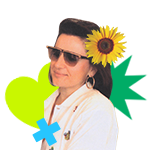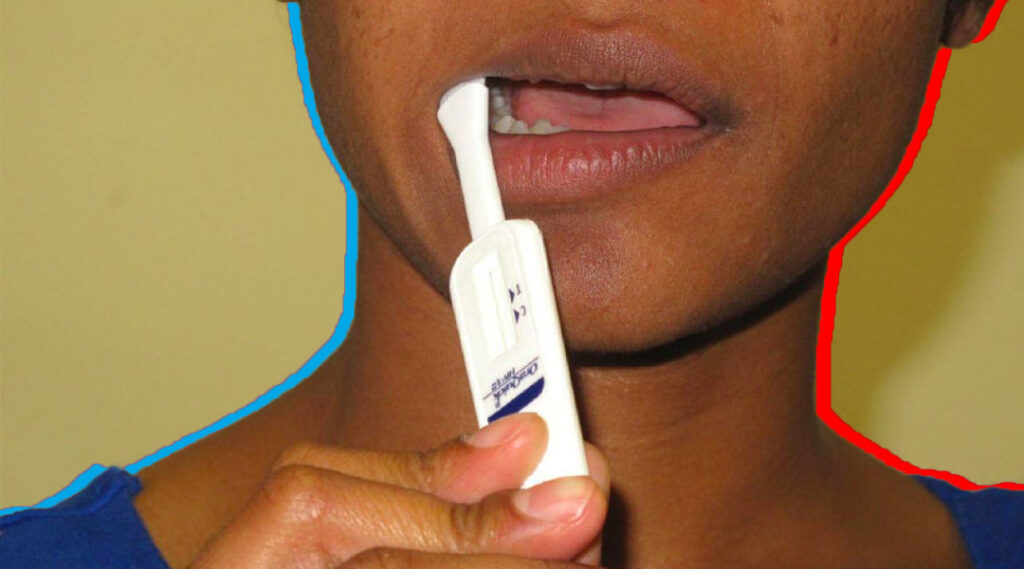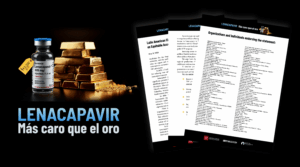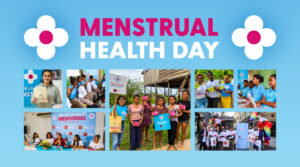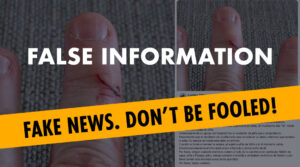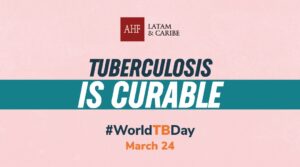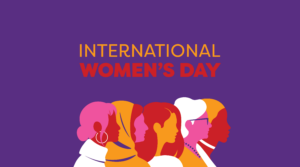At the end of last April, a rapid HIV test that is done at home and only needs a saliva sample began to be sold in Spain. This is the first device of its kind that is freely marketed in that country.
With this product, distributed by the LETI Pharma laboratory, you avoid having to go to a testing center, either a clinic, a private laboratory or a civil organization, and it can be easily applied at home, with all the confidentiality that this implies. .
An old option
Contrary to what various media have reported, home HIV testing is not new, at least not around the world. The self-test, called OraQuick, has been approved by the United States Food and Drug Administration (FDA) since 2012, that is, it has been available in pharmacies in that country for a decade.
Further back in history, the device was approved by the FDA in 2004, according to information from the World Health Organization’s regional office for Africa. In its first years of existence, it was used in health care contexts, either by government institutions or by civil organizations that applied the tests through doctors, nurses or activists.
Among the main reasons for limiting the marketing of OraQuick was the great symbolic weight of an HIV diagnosis. In 2004, a large part of the population that needed antiretroviral treatment did not have access to, so this infection was still seen as a problem that would inevitably cause death.
In addition, there was a strong stigma against those living with the virus, associating them with behaviors that were socially condemned, such as homosexual relationships, the use of injectable drugs and sex before marriage, in general.
This is why it was considered that a person whose test was reactive (positive) could hardly emotionally handle this result without the help of counseling, a talk that usually accompanies HIV detection tests to provide support and psychological containment to the person.
How does it work?
The OraQuick self-test uses a saliva sample and is in the category of rapid tests, since it provides results in 20 minutes, with an accuracy greater than 99%. So far, the other rapid tests available in the world require a few drops of blood obtained through a prick, just as glucose measurement tests are carried out for people with diabetes.
The package includes a collecting paddle for the sample and a tube with reagent liquid. The paddle should be rubbed on the upper and lower gums to collect enough oral fluid. Once this is done, it is introduced into the tube and mixed with the reagent liquid. The device has two stripes (similar to home pregnancy or COVID-19 tests), if only one of them is stained, the result is negative, and if both stripes appear, the result is positive.
As with the other rapid tests, OraQuick does not detect HIV in the saliva sample itself, but instead focuses on antibodies, that is, the cells that the body produces to defend itself against infection. For this reason, it is very important to wait the 3 months corresponding to the HIV window period, that is, the time it takes for the body to produce antibodies against the virus.
A new panorama
It is important to know that a positive rapid test result does not necessarily mean that you have the virus. For this reason, when a test of this type is reactive, the person is usually referred to a public health institution to carry out a confirmatory test that uses another technology.
Over-the-counter rapid home tests have been slowly opening up around the world as the stigma surrounding HIV has diminished. In addition, among some of the most vulnerable groups, such as men who have sex with men or sex workers, this option has been well accepted, since more than one screening test has often been carried out in hospitals or laboratories and they know both the procedure such as where they could go if they needed medical care.
Yet while products of this type reach more countries and information about the virus spreads more, at AHF Latin America and the Caribbean we work so that people have access to a free HIV test. Come to our nearest office and we will do it, we are in 11 countries in the region.
